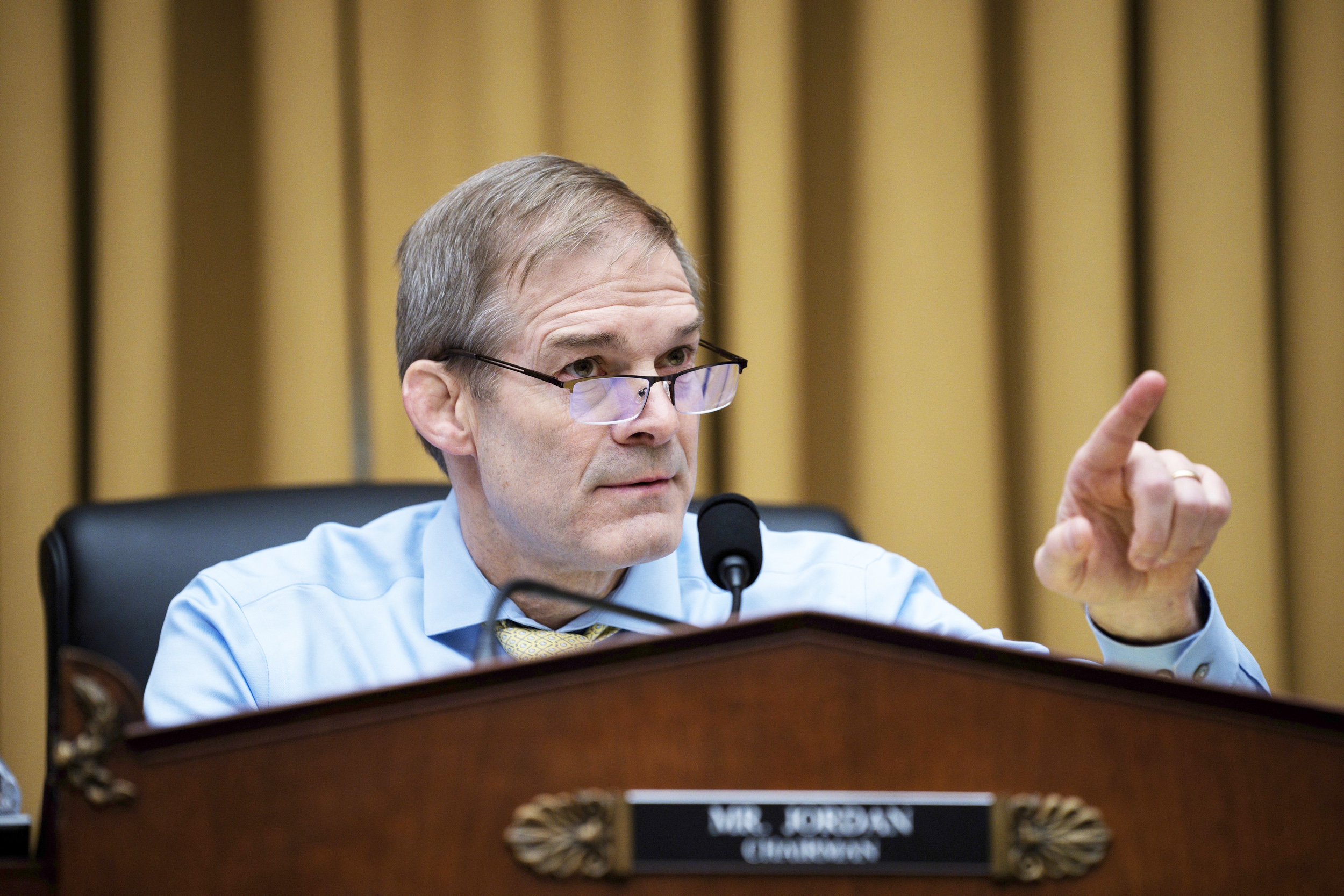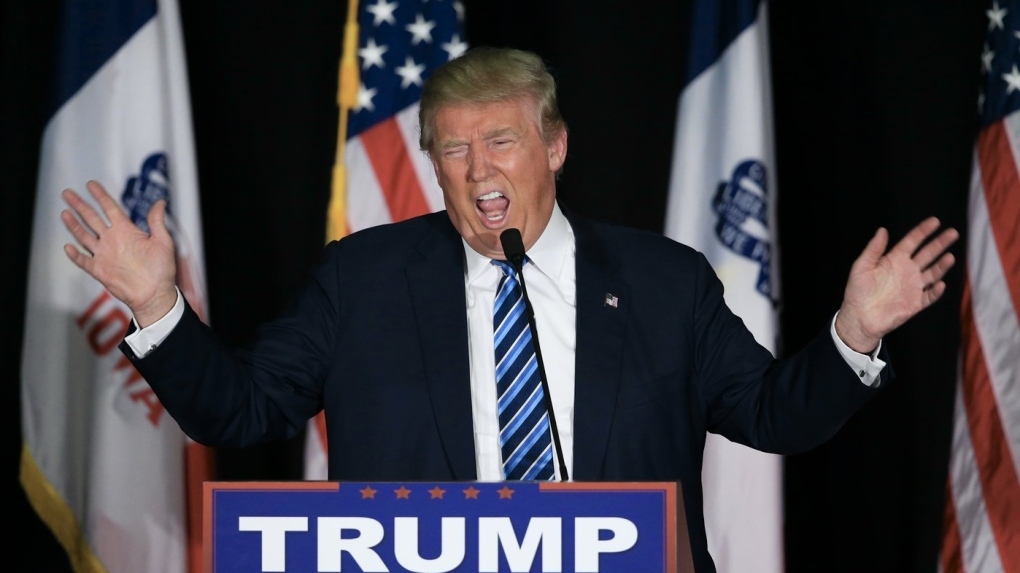In a highly anticipated investigative report led by Republican-appointed special counsel John Durham, former President Donald Trump did not find the “crime of the century” he had long alleged was conspired against him during the Russia probe. However, the findings could still serve as a political advantage for the ex-President.
The comprehensive 300-page report, the outcome of a three-year inquiry, cast another shadow over the Federal Bureau of Investigation (FBI) for its behavior during the pivotal 2016 election. In a contentious claim, the report asserts that the FBI’s in-depth investigation into the ties between Trump’s campaign and Russia should never have taken place. This conclusion is based on Durham’s belief that investigators “overlooked or deliberately disregarded” information that contradicted initial theories of collaboration between Trump and Russia.
Furthermore, Durham proposed that the Justice Department designate an official to supervise politically sensitive investigations. This recommendation might resonate with those who perceive the FBI’s probes as overly politicized. Nonetheless, the report did not suggest new prosecutions or propose additional reforms for the FBI, thereby undermining Trump’s anticipation of a widespread overhaul of the bureau.
An especially notable portion of the report insinuates that neither US law enforcement agencies nor the intelligence community possessed “any concrete evidence of collaboration” before initiating the investigation into Trump. This claim will likely be exploited by Trump and his supporters for political benefit. Durham also criticized the FBI’s reliance on the Steele dossier, a largely discredited document used to obtain surveillance warrants against a former Trump campaign adviser.
Despite these critiques, the Durham report did not reveal much new information. Although some partisan media commentators on the left deemed it an outright failure, it did not produce the sensational indictments once forecasted by the former president and his family.
In spite of these discussions, the polarization of American politics means that perceptions of ties between Trump’s team and Russia will largely depend on individuals’ ideological standpoints and opinions of Trump. Hence, the report’s principal legacy is bound to be political.
Trump, who has never been concerned about subtlety, quickly declared exoneration from the report. He claimed a massive “deep state” conspiracy intended to hinder his ascent to power seven years ago, even though the report drew no such definitive conclusion. Trump also employed the report to suggest that several current criminal investigations against him are politically driven.
Echoing Trump’s sentiments, South Carolina Republican Sen. Lindsey Graham contended that the report demonstrated the “rule of law in America is subordinate to political results.” House Judiciary Chairman Jim Jordan of Ohio, another Trump ally, indicated his intention to use Durham’s report to bolster his probe into what he alleges is the “weaponization” of government against Trump and Republicans.

Despite these discussions, the report hands Trump a significant political victory. The former president has repeatedly pledged a restructuring of US intelligence and law enforcement agencies that have held him accountable—a promise he is likely to deliver if he secures a second term in 2024.
Under fire for its management of the Trump probes, the FBI finds itself in the spotlight once again. Critics of the Durham probe have long contended that it was instigated by former Attorney General William Barr under intense pressure from then-president Trump, casting doubts over its impartiality.
In another politically charged segment of his report, Durham implied that the FBI did not investigate allegations against Democratic candidate Hillary Clinton with the same intensity they applied to Trump. This implication is likely to be met with skepticism by Clinton’s advocates, who blame then FBI Director James Comey for tipping the election against her with his public comments on her emails.
Legal experts have rebuked Durham’s report, with some labeling it as “somewhat of a disappointment.” Ryan Goodman, a professor at NYU School of Law, suggested that Durham’s argument that FBI agents overlooked counteracting evidence when elevating a preliminary probe into Trump into a full-blown investigation was dubious.
In summary, while the Durham report did not deliver the anticipated explosive indictments, it has nonetheless stoked the political flames. Its conclusions, while not novel, will likely be employed by Trump and his allies to further their political narratives. Regardless of its effect on the FBI or the rule of law, the report has provided Trump with a headline and a narrative of suspicion against the FBI – and he is likely to fully capitalize on it.
©world-news.biz
